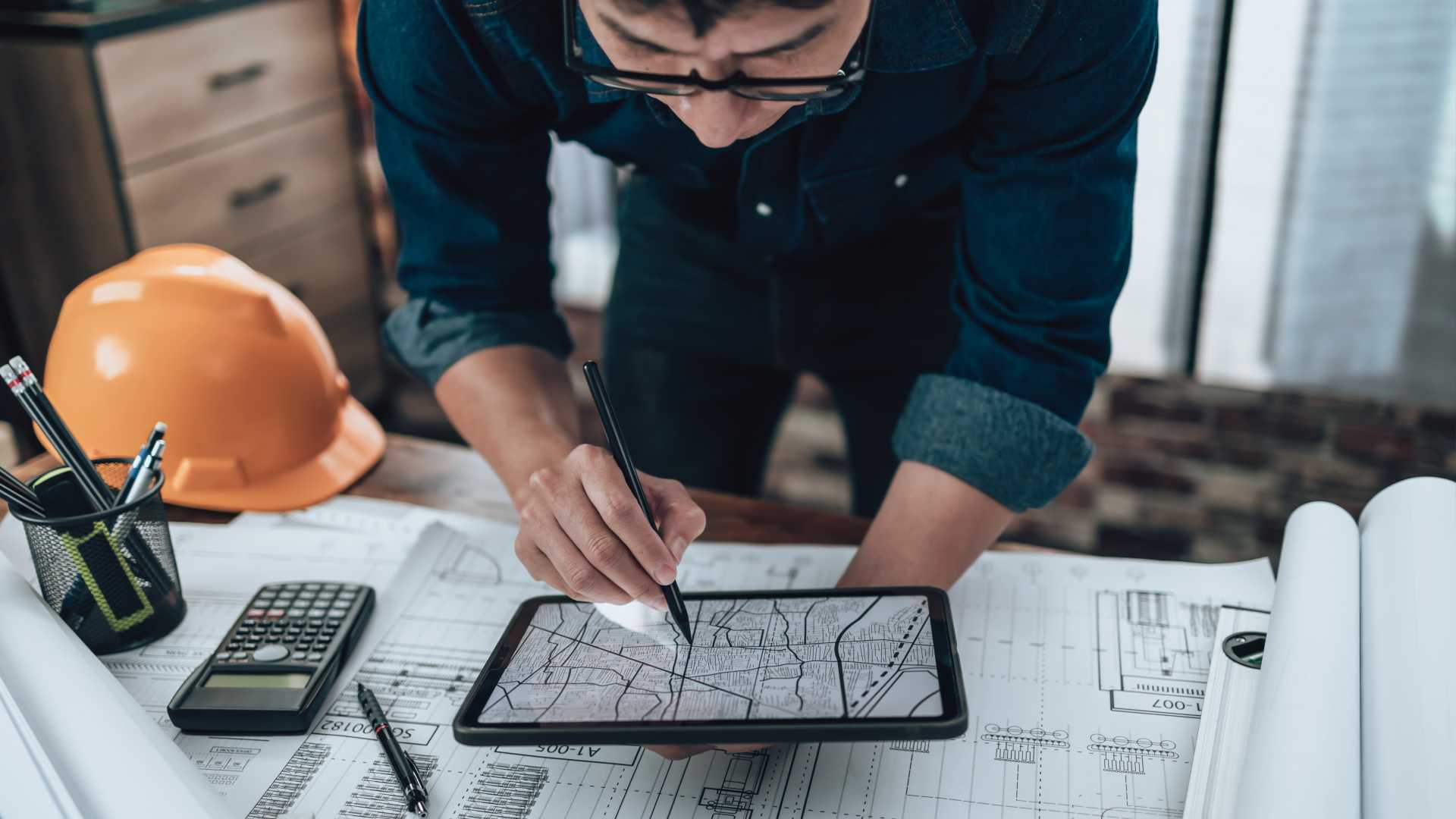In the hospitality and hotel maintenance industry, investing in training can position businesses to recruit, ramp and retain a team of effective, productive maintenance engineers.
A successful in-house maintenance training program can be the key to reducing time to proficiency for new engineers and continuously upskilling seasoned employees. With hotel maintenance training, organizations can productively streamline operations, leading to immediate gains in efficiency and long-term performance improvements that help differentiate them from the rest of the market.
The benefits and rewards of hotel maintenance training are tangible and meaningful. In this article, we’ll review the benefits of training programs for hotel maintenance engineers and how to measure their success.
Metrics of Training Success
The immediate goal of training is to improve engineers’ workforce readiness and to provide ongoing opportunities for them to advance their skills. The ultimate goal, however, is to improve performance, productivity and efficiency to drive profitability.
The primary method of measuring the success of any training program is based on the cost of training compared to its impact on the organization’s goals. Choosing the right factors to measure and establishing baselines can help you quantify how training has benefited your employees and company. Being able to show a positive return on investment (ROI) builds excitement among your team and stakeholders and ensures your program receives the support it needs to be successful.
Some key metrics to consider when evaluating a training strategy include:
- Performance: Trained employees get more work done in less time with fewer mistakes. They take proactive steps that extend the life of the equipment they service, protecting critical capital expenditures.
- Profits: Effective training results in a more competent workforce, which can help companies contain capital and outsourcing costs. Trained engineers can diagnose issues more accurately and quickly and have the skills necessary to properly repair equipment rather than simply replace it.
- Customer satisfaction: Teams supported by a program of cross-training and upskilling are more responsive and effective, driving a visible increase in positive feedback based on customer interaction. Reduced downtime as a result of more efficient and effective maintenance enhances the overall customer experience.
- Safety: Effective safety training elevates a company’s overall productivity and culture. Reducing the risk of incidents can prevent a range of unnecessary costs related to repair, lost productivity and liability. The cost associated with just one safety incident could pay for an entire year of training.
- Recruit, ramp and retain: Younger generations increasingly want more opportunities to advance and grow in their careers. With an effective training program in place, you’ll be able to broaden your candidate pool and reduce turnover with training designed to both upskill newer engineers and refresh experienced engineers.
What To Look For
Designing and successfully implementing in-house maintenance training can be a challenge for most hotel management leaders. However, innovative digital training platforms can offer an easier path to effective training than ever before. Here are some features to look for:
- Learning management: An effective learning management system (LMS) streamlines the admin side of a training program. Ideally, the LMS will allow you to track the progress of all employees, look at their last activity and see how often they are interacting with the training program. It will also allow you to assign content and due dates.
- Field-like assessments: Managers can benefit from training that offers built-in assessments, which help them understand where employees’ skills are versus where managers want them to be.
- Customized learning paths: Because different employees bring different skill sets to the table, managers should customize learning pathways for each learner. Create curated learning paths so your building engineers learn the right skills in the right order. This can also help with identifying individual learner’s skills gaps. Lastly, ensure the training program gives your team 24/7 access to field-like preventative maintenance and troubleshooting scenarios to avoid downtime and promote just-in-time learning.
- Cross-training opportunities: A program with broad offerings can create a one-stop shop that offers greater value and increased efficiency. Learners can take advantage of a wide variety of courses while utilizing the same platform, enabling them to gain new skills and learn new equipment types. When employees are cross trained, they can fill in when others are out, maintaining service levels.
- Feedback: One of a program’s biggest and most important success factors is the learner experience. A good training program is only as effective as how often the learners are using and adopting it, so it’s important to consider learners’ satisfaction and listen to their feedback.
Technology and best practices for hotel maintenance are constantly evolving. To match the pace of change and continue to deliver a premium experience, companies must invest in the training required to keep up with it. An effective hotel maintenance training program ensures your team is equipped for the demands of their job now and in the future.



